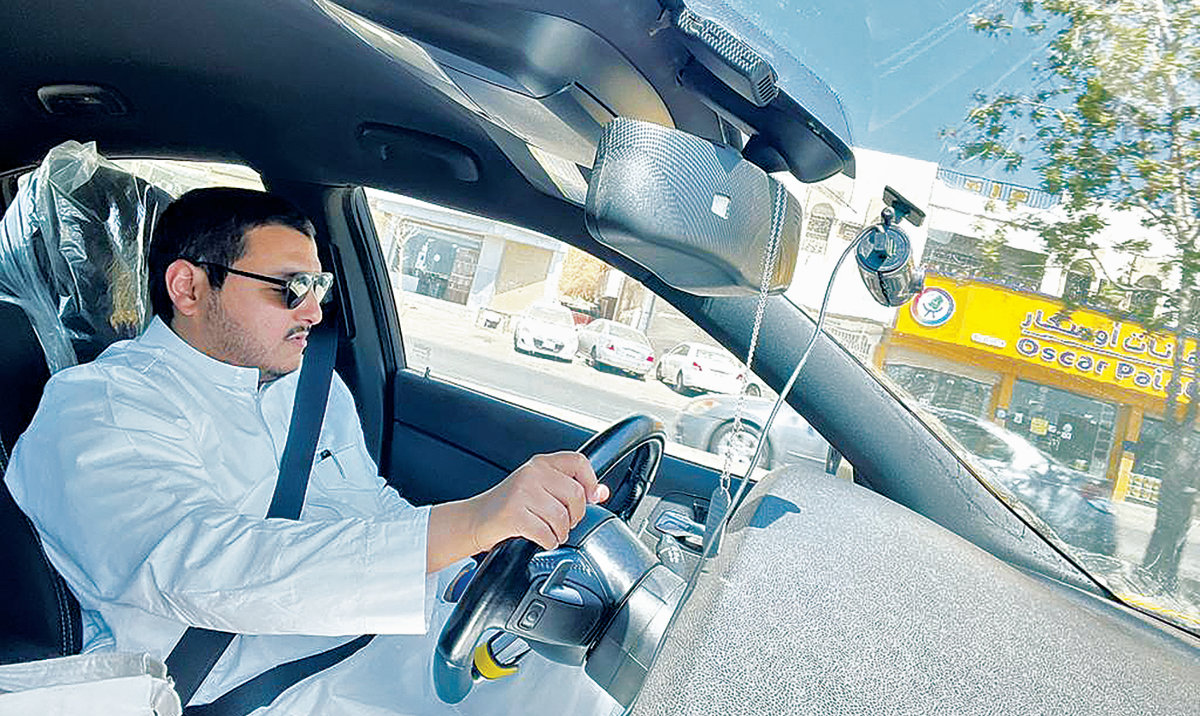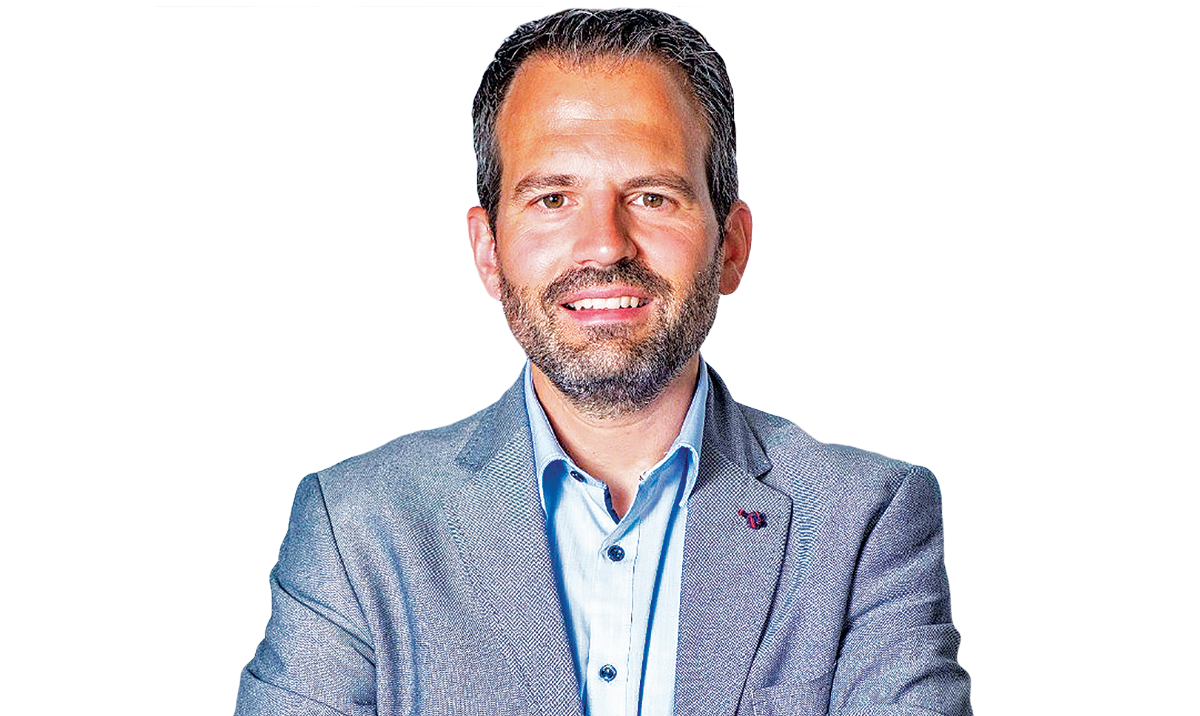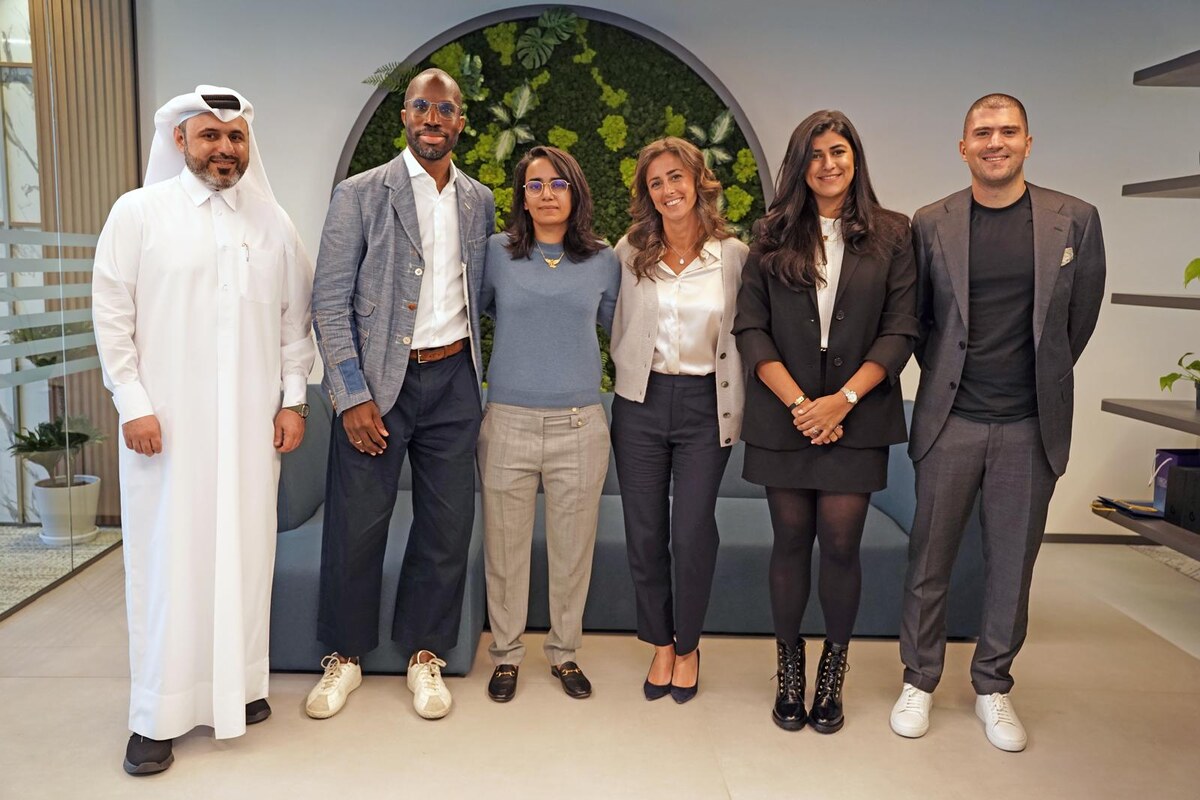RIYADH: Saudi Arabia’s automotive market surges ahead, dominating over half of the Gulf Cooperation Council car sales and claiming a spot among the top 20 global markets.
The Kingdom imported 93,300 cars in 2023, marking a significant increase from the previous year’s 66,900, as revealed by Hamoud Al-Harbi, spokesperson for the Zakat, Tax and Customs Authority. This surge brings the total number of cars imported in 2022 and 2023 to 160,000, with major contributors including Japan, India, South Korea, the US, and Thailand.
Despite the positive figures, lingering questions persist: What exactly are the vehicle preferences of consumers in the Kingdom, and what factors influence these preferences? Moreover, what considerations guide buyers when making a purchase decision?
Additionally, what roles do the National Academy of Vehicles and Cars and the Automotive Manufacturers Association play in alignment with Vision 2030?
Driven by preference
Saudi consumers’ vehicle preferences reflect a nuanced interplay between practicality and lifestyle aspirations.
Aly Hefny, show manager at Automechanika Riyadh, a regional trade event for the automotive aftermarket industry underscores a demand for robust vehicles tailored to navigate the nation’s varied terrain and climatic conditions.
“Saudi consumers prioritize comfort, reliability, and status in their vehicle choices, while also incorporating considerations for environmental impact and technological advancement,” Hefny told Arab News.
He further notes the evolving mindset reflected in the growing interest in environmentally conscious options and technological innovations, such as electric and hybrid vehicles.
Furthermore, Karim Henain, partner at Bain & Co., notes that Saudi consumer preferences for new vehicles are increasingly aligned with those in Western markets. There is a growing demand for advanced connectivity, infotainment systems, and driving assistance technologies such as Advanced Driver Assistance Systems, autonomous parking, and 360-degree cameras, driven by the country’s tech-savvy youth.

There is a growing demand for advanced connectivity, infotainment systems, and driving assistance technologies. (Supplied)
Moreover, according to Matthias Ziegler, managing director of Volkswagen Middle East, consumer preferences in the Kingdom present a distinct perspective compared to other markets.
“While sedans remain present, a clear trend toward SUVs is evident, particularly for larger 7-seater models that align with the strong emphasis on family transportation within the region,” Ziegler told Arab News.
Within Volkswagen, Ziegler revealed that their top-selling models in Saudi Arabia are the Teramont and T-Roc, “both recognized for their comfortable driving experience, spacious interiors, and comprehensive feature sets.”
The managing director highlighted how these attributes resonate strongly with Saudi car buyers, who increasingly prioritize practicality and comfort for extended journeys and family outings.
“The upcoming all-new Tiguan is also expected to perform well in the market due to its continued focus on these core strengths,” Ziegler asserted.
He noted the growing interest in fuel efficiency as petrol prices fluctuate.
“While not currently the primary decision factor, cost of ownership is an aspect we are actively considering in the development of future offerings for the Saudi market,” he explained.
According to Sami Malkawi, managing director of sales at Ford Middle East, customers in the Kingdom have a refined taste when selecting their next vehicle. While luxury sedans, such as the Ford Taurus, have long been popular, there is a noticeable increase in the popularity of small SUVs.
“Brands have responded to the growth in interest in this kind of SUV, which offers practicality, power, interior space, and ease of handling in a smaller package – and buyers are spoilt for choice. In fact, there are currently more than 40 types of small SUVs available in this market,” Malkawi disclosed.
The managing director highlighted that the company recognized the demand and launched the Ford Territory in the region in November 2022.
“Just over a year later, Territory was the Kingdom’s top-selling small SUV and Ford became the fastest-growing brand in the Kingdom. We’re proud to see it come out on top in such a competitive category, which holds the interest of so many consumers and auto brands.”
Navigating purchase factors
A Bain & Co. survey reveals a pronounced focus on running costs, with fuel and maintenance overshadowing other considerations, particularly among the younger demographic. This aligns with global trends, where operational affordability is crucial.
“Interestingly, dealership service quality, highly valued in other markets, ranks lower among Saudi buyers, possibly reflecting different expectations or experiences with after-sales services,” Henain explained.

The cost of ownership is an aspect we are actively considering in the development of future offerings for the Saudi market.
Matthias Ziegler, managing director of Volkswagen Middle East
For electric vehicle enthusiasts, charging infrastructure emerges as the linchpin, eclipsing concerns over driving range and speed, underscoring the imperative for robust charging networks.
“Our survey further reveals distinct vehicle preferences across age groups; SUVs are preferred by Saudis aged 35 to 65 for their versatility and capacity, while sedans are favored by the 25 to 34 age group for practicality and economy,” he said. Henain added that convertibles, coupes, and hatchbacks are more popular among female Saudis.
Steering industry vision
The National Automotive and Vehicles Academy and the Automotive Manufacturers Association emerge as linchpins in the Kingdom’s automotive narrative. NAVA’s mandate of nurturing skilled talent aligns seamlessly with Vision 2030’s emphasis on human capital, while the AMA advocates for regulatory coherence and industry growth.
Ziegler stresses the pivotal role of collaboration between industry stakeholders and government institutions, propelling Saudi Arabia toward a future of mobility underscored by efficiency and environmental stewardship.
“The NAVA’s focus on nurturing skilled talent aligns perfectly with the industry’s need for a strong future workforce capable of driving innovation, aligning with Vision 2030’s emphasis on human capital,” he pointed out.
On the other hand, he added:“The AMA’s formation as a united industry front presents a valuable opportunity to advocate for streamlined regulations, ensuring fair competition and fostering a more conducive environment for growth.”
These developments position Saudi Arabia to embrace its sustainability goals while delivering top-tier automotive solutions. Henain underscores NAVA’s role in bridging the talent gap and AMA’s efforts in fostering local manufacturing and maintenance capabilities.
“NAVA’s mandate is to address the local talent gap through specialized technical education programs tailored to the EV industry aiming at preparing a skilled workforce to meet the needs of local EV manufacturing,” he said.
Simultaneously, he added, AMA will lead initiatives to raise awareness in local communities about the ambitions of the Saudi automotive sector and the need to build local capabilities in manufacturing and maintenance, all while protecting the interests of the industry’s stakeholders.
Henain emphasized that similar organizations in countries that have developed their automotive sectors have played instrumental roles in ensuring the success of sector build-up.
“I expect those entities to play an equally pivotal role for the Kingdom’s automotive and mobility sector,” he said.
From Ford’s perspective, Malkawi highlighted the company’s close collaboration with Saudi authorities and associations to meet CAFÉ regulations and requirements.
“While I can’t comment directly on the exact role played by these bodies, I can talk about our own commitment to driving high standards in the industry and pushing the boundaries of automotive innovation,” the managing director emphasized.
He justified Ford’s dedication to continuously developing next-gen technologies that enhance vehicle safety, intelligence, and drivability, along with integrating more sustainable practices and cutting-edge advancements that contribute to the overall growth of the automotive sector.
Malkawi concluded by noting, “As the face of Ford in the Kingdom, our valued distributor partners play a critical role in ensuring our customers enjoy an experience that is always improving, which translates into improved loyalty and, ultimately, growth in the automotive sector.”


























